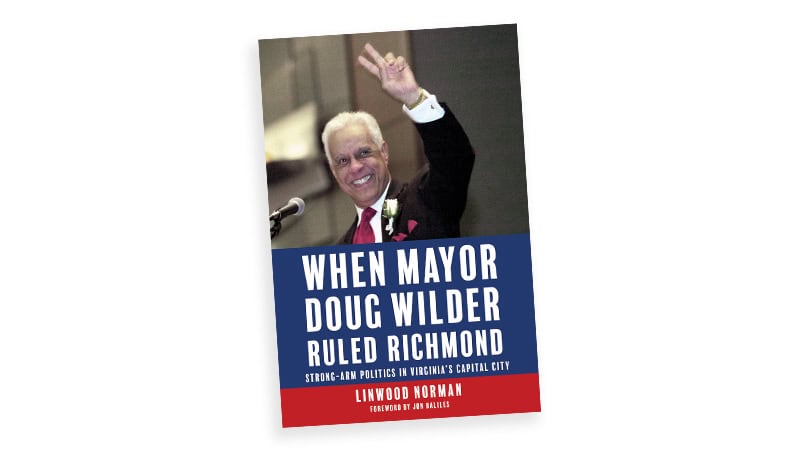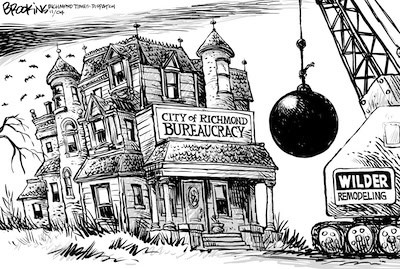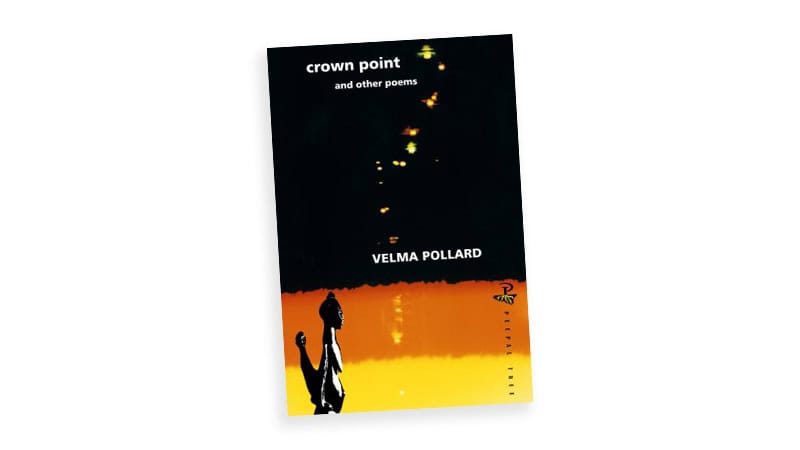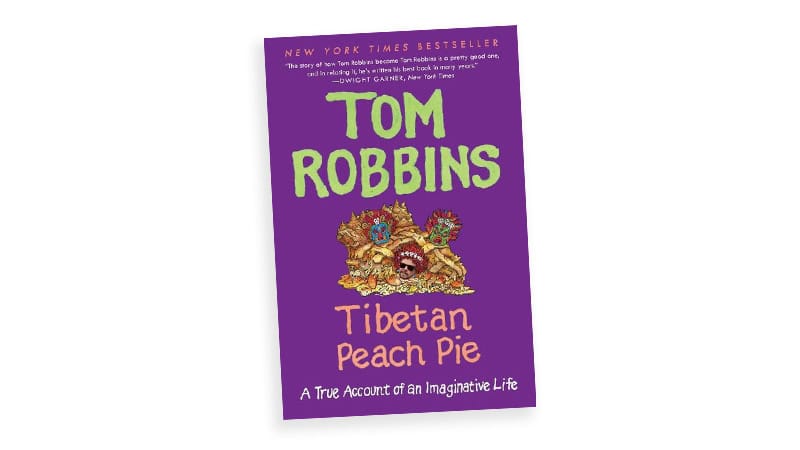‘When Mayor Doug Wilder Ruled Richmond’
An excerpt from a new book from Wilder’s press secretary

“When Mayor Doug Wilder Ruled Richmond: Strong-Arm Politics in Virginia’s Capital City” is a first-hand account by Linwood Norman, who served as the mayor’s communications director and press secretary. The book describes the turmoil of Richmond’s transition to the “strong mayor” model of local government during what was a memorable chapter in Richmond’s rich political history that is still deliberated today, more than 15 years after Wilder’s charismatic tenure concluded. The book may be purchased from Brandylane Publishers (release date Aug. 27, 2024).
Excerpt from “When Mayor Doug Wilder Ruled Richmond: Strong-Arm Politics in Virginia’s Capital City”
From his early days in office, Wilder wasted no time in reconfiguring his cabinet of nearly two dozen department heads. He vowed on the campaign trail to shrink the number of agencies and departments. He was not shy about keeping his promises.
In his first month, he required the heads of city departments and agencies to reapply for their jobs and compete with outside applicants. In March, in a single day, he had wiped out three small agencies: intergovernmental relations; management services; transportation, and a hiring freeze was put in place due to an expected $6 million budget shortfall.
It sent tremors throughout the city’s workforce.

Reported the Richmond Free Press: “The 15 employees who reported to the ousted [agency] directors felt the shockwaves, with all being sent home worrying about their futures at City Hall.” The newspaper predicted that most of them would be laid off due to the hiring freeze. Each city department also was asked to show what a 15 percent cut in their budget would look like as a “benchmark guide” for the new mayor.
This was just the beginning.
By mid-July, nine more department heads were fired—or “separated” from city government—as described in the press release announcing each departure.
In September, Wilder made an unexpected appearance at the CAO’s weekly staff meeting with the department heads. That morning, as they sat around the massive boardroom table in the second-floor conference room, Wilder delivered words of caution that produced pin-drop silence, wide eyes, and stunned faces. “Some of you aren’t on my team,” he calmly declared. “I am numero uno,” he said, holding his index finger in the air for emphasis. He could feel some nervousness among the group but reminded everyone that “operating in your own little fiefdoms … that’s over with.” He opened the floor for questions, of which there were few, and said he expected to hear from each department head individually—or else. Everyone was now put “on notice.” Over time, all of them would be replaced with fresh faces.
Style Weekly named Wilder “Richmonder of the Year” in 2005, noting he was perhaps more powerful as mayor than when he was governor.
“For the last 12 months, Richmond’s first popularly elected mayor in half a century hasn’t only shaken things up, he’s jackhammered the foundation,” Style Weekly observed. “Single-handedly, Wilder’s taken on Richmond’s ruling business class, challenged City Council at every turn, and asserted his influence in a tight gubernatorial race.”
 Linwood Norman served as the city’s director of communications and press secretary for Mayor Wilder. A Richmond native with a master’s degree in journalism from Virginia Commonwealth University, his career has spanned the public, corporate, and nonprofit sectors and includes posts as senior communications advisor for the U.S. Department of Health and Human Services; communications manager for Anthem Blue Cross Blue Shield; and communications director for ZERO—The End of Prostate Cancer. Earlier in his career, he was a reporter for the Newport News Daily Press; the Petersburg Progress-Index, and a contributing writer for Richmond Magazine and Virginia Town & City Magazine. Now retired, Norman divides his time between Washington, DC and Fort Lauderdale, Florida, as he ponders the topic of his next book. Learn more at LinwoodNormanBooks.com.
Linwood Norman served as the city’s director of communications and press secretary for Mayor Wilder. A Richmond native with a master’s degree in journalism from Virginia Commonwealth University, his career has spanned the public, corporate, and nonprofit sectors and includes posts as senior communications advisor for the U.S. Department of Health and Human Services; communications manager for Anthem Blue Cross Blue Shield; and communications director for ZERO—The End of Prostate Cancer. Earlier in his career, he was a reporter for the Newport News Daily Press; the Petersburg Progress-Index, and a contributing writer for Richmond Magazine and Virginia Town & City Magazine. Now retired, Norman divides his time between Washington, DC and Fort Lauderdale, Florida, as he ponders the topic of his next book. Learn more at LinwoodNormanBooks.com.


